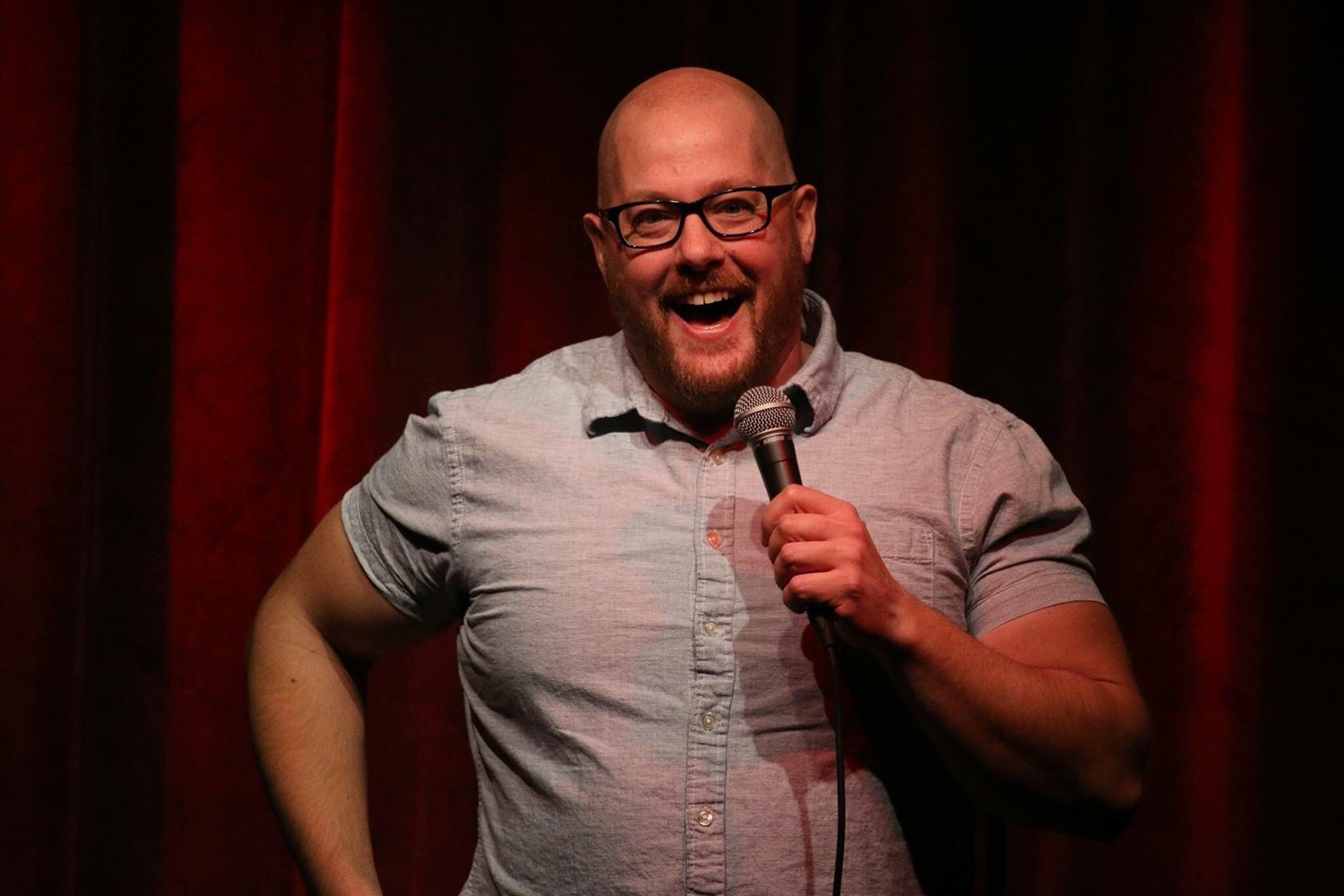What does the future hold for accounting/ERP systems? There is no one better on the planet to answer this question than Aaron Harris, Sage's Global CTO. Aaron is responsible for Sage’s technology strategy and software architecture. He has more than 20 years of high-tech engineering experience in business applications and software development strategies. Previously a founding leader of Sage Intacct, acquired by Sage in 2017, Aaron led the company’s product vision and technology direction, establishing Sage Intacct as the innovation leader in cloud financial management solutions.
Use these show notes to follow along with the audio:
Segment one
Aaron Harris was primarily responsible for coding Intacct which we know today as Sage Intacct. I’m sure there are more than a few fans out there in the TSOE world.
Generative AI has Aaron’s attention today. For example, month end close means submitting timesheets and approving expense reports. Nobody likes it. Making it easier to interact with software will come from Gen AI.
“Large language models have the capability to not just perform a task but to understand a complex set of instructions. And, they know how to write code.” —Aaron Harris
In Aaron’s view “getting rid of the close” in accounting requires software to automate tasks and means we need to give ownership of the orchestration to the AI where there is a strong relation between the AI and people.
“It doesn’t matter what you automate, a human is always accountable.” —Aaron Harris
“The death of the monolith” is something Aaron referenced today. It’s a complex topic but easiest to think about in the shift away from a single point of interaction and towards more and more APIs.
Segment two
As an early advocate of SaaS, Aaron thinks it will take some time for business models to evolve. This is in contrast to the 37Signals editorial Ron and Ed talked about in prior weeks.
A summary from Aaron: The value our customers derive from business applications in the future is from the value of automation and not from the ability for a customer, for example, to process an invoice.
"The best way to predict the future is to invent it." —Alan Kay
AI is going to bring the learning cost to zero and make software more accessible for everyone. “Everybody is more productive when they are given access to Gen AI.” —Aaron Harris
“AI is going to get adopted very rapidly because developers see the opportunity to work in completely different ways that are almost magical.” —Aaron Harris
Segment three
“Teens in AI” is a group that Aaron is VERY passionate about. They bring machine learning experts and data scientists into communities and hold hackathons with teenagers, especially girls. Check them out here https://www.teensinai.com/
“A lot of the work that goes into building solutions based on large language models is balancing all of the data and building mechanisms to detect and root out bias.” —Aaron Harris
The excitement was so spectacular around AI that the takeup is not quite as fast as one might think. Aaron talked about this concept with Ed during segment three of the show today.
One of the “bets” that Aaron has been making with people: Within 6 months, we will start to see AI agents using our (Sage) products.
Segment four
What about quantum computing? Does Aaron Harris think it is right around the corner or will be 30 years away…forever? He genuinely doesn’t know but is excited about recent progress in the field.
One of the pillars of the Alan Turing institute is “AI for good” which is why Aaron and the team at Sage are having conversations with them about working together https://www.turing.ac.uk/
Atlanta is the heart and soul of Sage in North America which is why Sage has partnered with Morehouse college. More here: https://www.sage.com/en-us/news/press-releases/2023/04/global-software-firm-sage-and-morehouse-college-partner-to-expand/
The death of the monolith is one of Aaron’s long term predictions. He also thinks we will have our own AI assistants that have access to our financials, travel services, and other important date.
A big THANK YOU to Aaron Harris, the Sage Global CTO, for joining us today to share some of his views on technology and even make some predictions about the future. Learn more about Sage here: https://www.sage.com/
Bonus Content is Available As Well
Did you know that each week after our live show, Ron and Ed take to the microphone for a bonus show? Typically, this bonus show is an extension of the live show topic (sometimes even with the same guest) and a few other pieces of news, current events, or things that have caught our attention.
Click the “FANATIC” image to learn more about pricing and member benefits.











